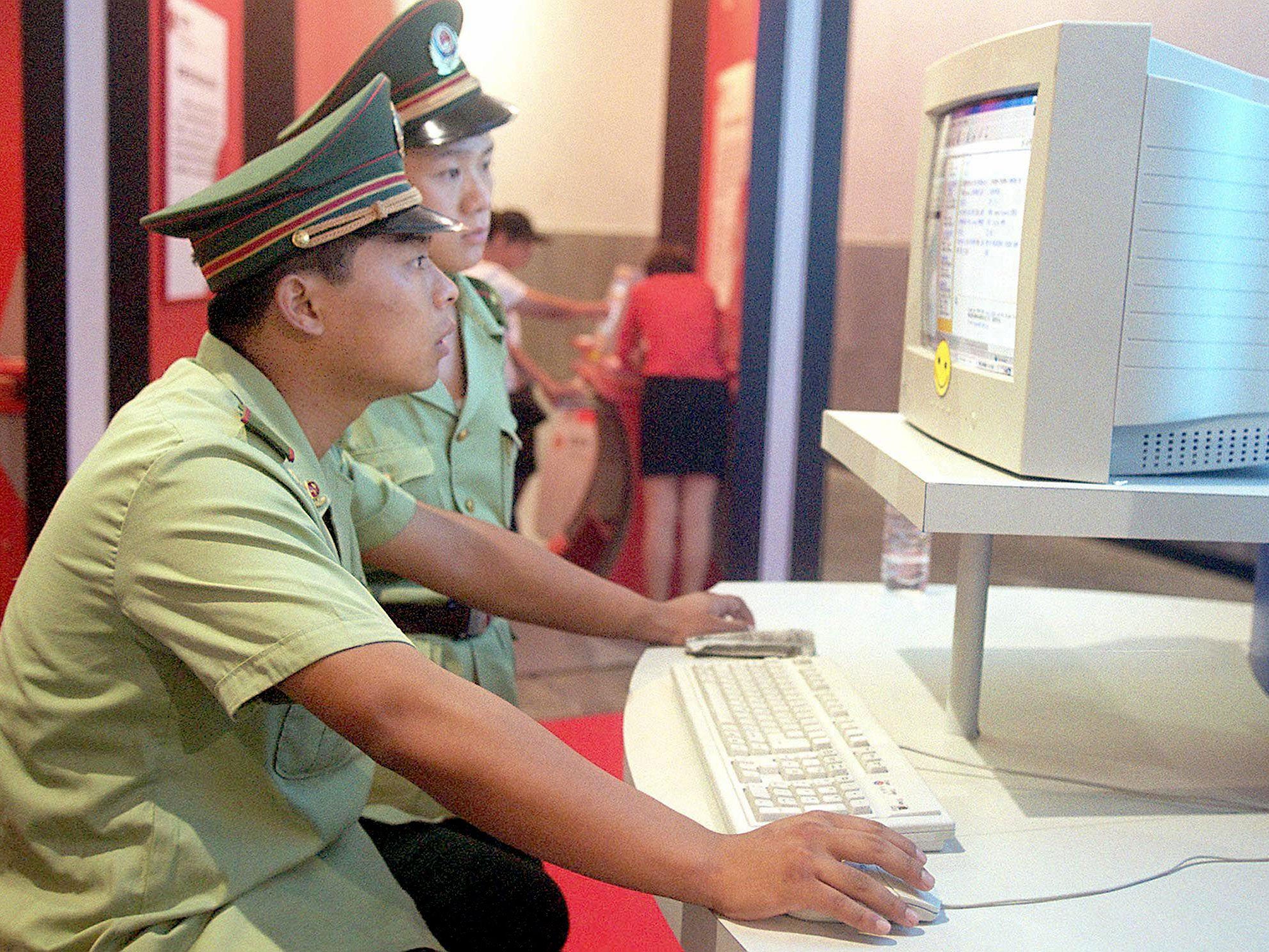Chinese government produces 448 million 'fake' internet posts a year, study claims
The study claims the army of commenters exists to distract other internet users from news critical of the Communist Party

Your support helps us to tell the story
From reproductive rights to climate change to Big Tech, The Independent is on the ground when the story is developing. Whether it's investigating the financials of Elon Musk's pro-Trump PAC or producing our latest documentary, 'The A Word', which shines a light on the American women fighting for reproductive rights, we know how important it is to parse out the facts from the messaging.
At such a critical moment in US history, we need reporters on the ground. Your donation allows us to keep sending journalists to speak to both sides of the story.
The Independent is trusted by Americans across the entire political spectrum. And unlike many other quality news outlets, we choose not to lock Americans out of our reporting and analysis with paywalls. We believe quality journalism should be available to everyone, paid for by those who can afford it.
Your support makes all the difference.The Chinese government produces 488 million 'fake' social media posts a year to distract citizens from news critical of the Communist Party, a new study has revealed.
According to the study, written by Harvard University professor Gary King, the goal of the secretive army of commenters is to "distract the public and change the subject" in online discussions which paint the government in a negative light.
The study is reportedly the first of its kind to show concrete evidence of the existence of the '50 Cent Party', a name which references the 50 cents each worker is thought to be paid for a post.
During the study, co-authored by Stanford University's Jennifer Pan and UC San Diego's Margaret E. Roberts, machine learning techniques were used to analyse millions of social media posts, based on leaked emails and databases which detail the work of the group.
The research revealed co-ordinated commenting efforts, usually timed to coincide with government announcements or patriotic public holidays. Around half the posts were comments on government websites, while the rest were posted to social media sites like Sina Weibo, one of China's most popular websites.
The 50 Cent Party was previously thought to have worked by engaging in arguments, constantly defending the Communist Party and its leaders against online critics.
The study suggested the opposite, however, claiming the party "engages in almost no argument of any kind and is instead devoted primarily to distraction through cheerleading for the state, symbols of the regime, or the revolutionary history of the Community Party."
It also suggested that most 50 Cent Party members are not ordinary citizens paid for their work, as previously thought, but are government employees writing posts and comments as part of their normal jobs.
While the researchers acknowledge that their study rests heavily on the truth of the leaked emails and databases, they say "the size and extraordinary complexity of this archive makes it highly likely to be real."
They believe that their study may shine a light on the secret government program, helping other researchers discover different aspects of it in China or other authoritarian countries.
Join our commenting forum
Join thought-provoking conversations, follow other Independent readers and see their replies
Comments